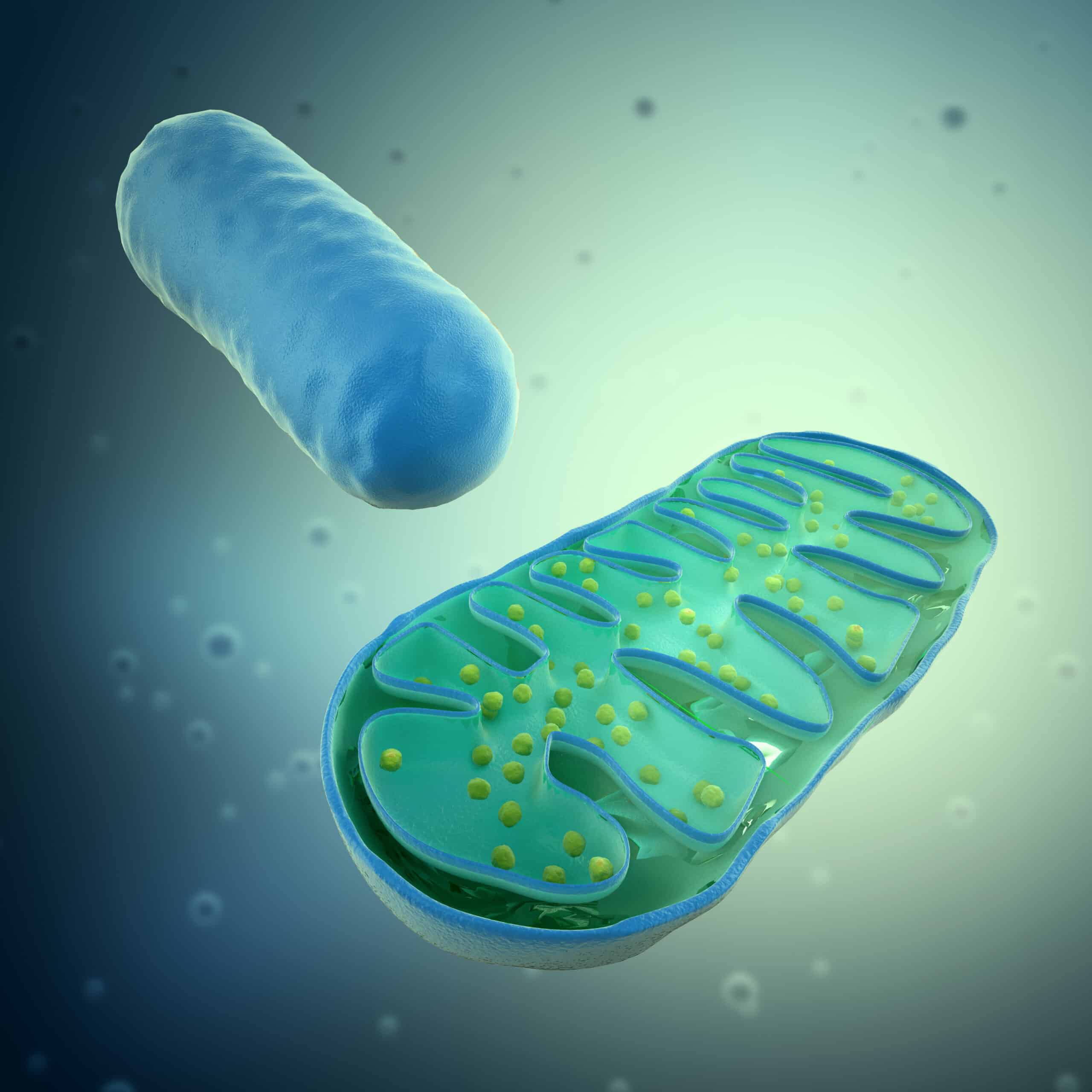The researchers studied the function of mitochondria — organelles acting as powerhouses of the cell — in enterocytes, cells that line the intestine and specialize in the absorption and transport of nutrients from digested food.
They found that disruption of mitochondrial function in the intestines of mice caused abnormal accumulation of dietary fat in enterocytes and impaired delivery of lipids to the peripheral organs.
A key finding of the study was that, when mitochondria did not function properly, enterocytes showed impaired packaging and transport of lipids in the form of chylomicrons.
Chylomicrons are crucial carriers of dietary fats, and their proper formation and transport are essential for the absorption of nutrients.
“This discovery marks a significant leap forward in understanding the crucial role of mitochondria in dietary lipid transport and metabolism,” said Dr Chrysanthi Moschandrea, the lead author of the study.
The implications of this discovery go beyond the realm of basic research.
“These findings provide new perspectives for the better understanding of the gastrointestinal symptoms in patients suffering from mitochondrial disease, and may also lead to new therapeutic approaches,” added Professor Aleksandra Trifunovic.
The maintenance of a balanced lipid homeostasis is critical for our health.
While consumption of excessive amounts of fatty foods contributes to metabolic diseases such as obesity and atherosclerosis, fat is an indispensable component of our diet.
Digested lipids supply the body with essential building blocks and facilitate the absorption of important vitamins.
In a new study published in the journal Nature, a team of researchers led by Professor Manolis Pasparakis and their collaborators Professor Aleksandra Trifunovic and Professor Christian Frezza at the Excellence Cluster CECAD of the University of Cologne, and Professor Jörg Heeren at the University of Hamburg, report on a new mechanism that regulates the processing and transport of dietary lipids by the intestine.
The researchers studied the function of mitochondria — organelles acting as powerhouses of the cell — in enterocytes, cells that line the intestine and specialize in the absorption and transport of nutrients from digested food.
They found that disruption of mitochondrial function in the intestines of mice caused abnormal accumulation of dietary fat in enterocytes and impaired delivery of lipids to the peripheral organs.
A key finding of the study was that, when mitochondria did not function properly, enterocytes showed impaired packaging and transport of lipids in the form of chylomicrons.
Chylomicrons are crucial carriers of dietary fats, and their proper formation and transport are essential for the absorption of nutrients.
“This discovery marks a significant leap forward in understanding the crucial role of mitochondria in dietary lipid transport and metabolism,” said Dr Chrysanthi Moschandrea, the lead author of the study. The implications of this discovery go beyond the realm of basic research. “These findings provide new perspectives for the better understanding of the gastrointestinal symptoms in patients suffering from mitochondrial disease, and may also lead to new therapeutic approaches,” added Professor Aleksandra Trifunovic.




